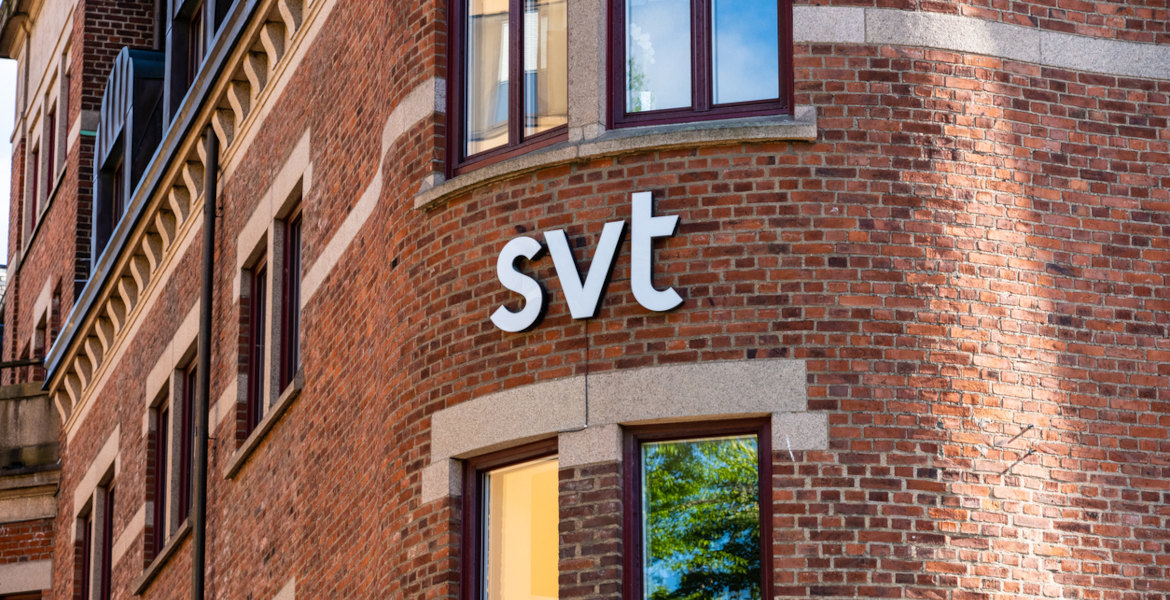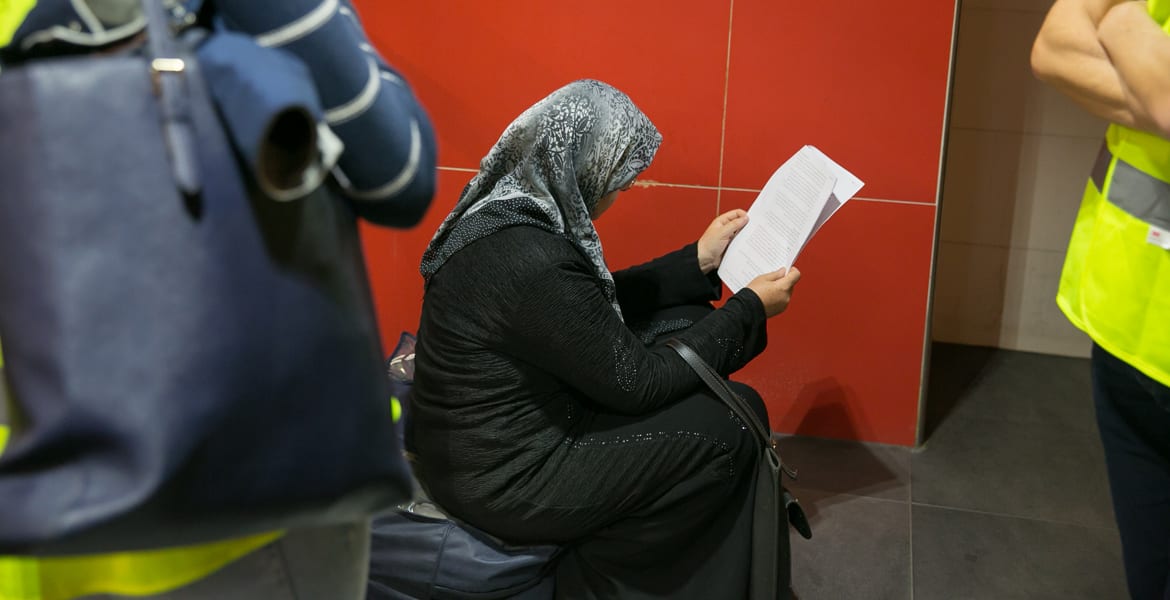The tsunami disaster on December 26, 2004, became one of Sweden’s darkest days in modern history, claiming the lives of approximately 540 Swedes.
A large number of survivors were also deeply traumatized by the dramatic events. While many have managed to move forward in life, they feel that authorities and civil society failed them during their greatest need for support.
Researchers at Uppsala University analyzed data from over 16,000 Swedish survivors, linking the information to Statistics Sweden's population register and conducting an extensive survey.
– The combination of data sources allows us to study the tsunami’s effects across a broad spectrum of social, health, economic, and political outcomes. This unique opportunity helps identify what makes us resilient, explains Lina M. Eriksson, a researcher at the Department of Political Science.
The study noted several significant differences between survivors and the average Swede – for example, survivors are slightly more likely to vote in political elections.
This increased voter turnout may stem from dissatisfaction with the Social Democratic government’s crisis management during the tsunami, where discontented individuals vote to hold leaders accountable, suggests Eriksson. However, other explanations may also play a role.
– Experiencing a major disaster can lead to lifelong trauma but also greater societal awareness. This awareness fosters increased engagement, as seen in the case of higher political participation.
"Damaged trust in politicians"
Interestingly, tsunami survivors now have higher education levels and incomes compared to a control group. However, no significant differences were observed at the group level regarding health. On an individual level, those hardest hit by the tsunami and who lacked social support today report poorer mental health and well-being than those who suffered greatly but received support from loved ones.
– Social support during a major societal crisis is critical for an individual’s long-term mental health and well-being after a traumatic event, Eriksson adds.

Many survivors also express feeling let down by healthcare providers, authorities, and civil society, even though they generally received strong support from family members.
– There remains a significantly damaged trust in politicians and authorities regarding their preparedness and ability to handle natural disasters and extreme weather, Eriksson continues.
Social networks important
Those severely affected by the tsunami have less trust in politicians and authorities to manage crises compared to other Swedes. Eriksson emphasizes the importance of considering their perspectives and experiences.
Survivors also show lower belief in God and reduced trust in the Church of Sweden compared to others – a finding described as surprising.
– Our results challenge the idea of religion as a universal substitute when the state fails in crisis management, suggesting there is something unique about Sweden. Likely, this is due to our secular society. In such a context, events like the tsunami can reduce religiosity rather than increase it, she speculates.
Eriksson highlights the crucial role of social networks during crises, particularly praising Sweden’s strong association culture as a positive force.
– An important insight from this project is that the social networks each individual belongs to are vital for both personal and societal resilience, as these networks provide multifaceted points of contact that can be activated for support during a crisis.




